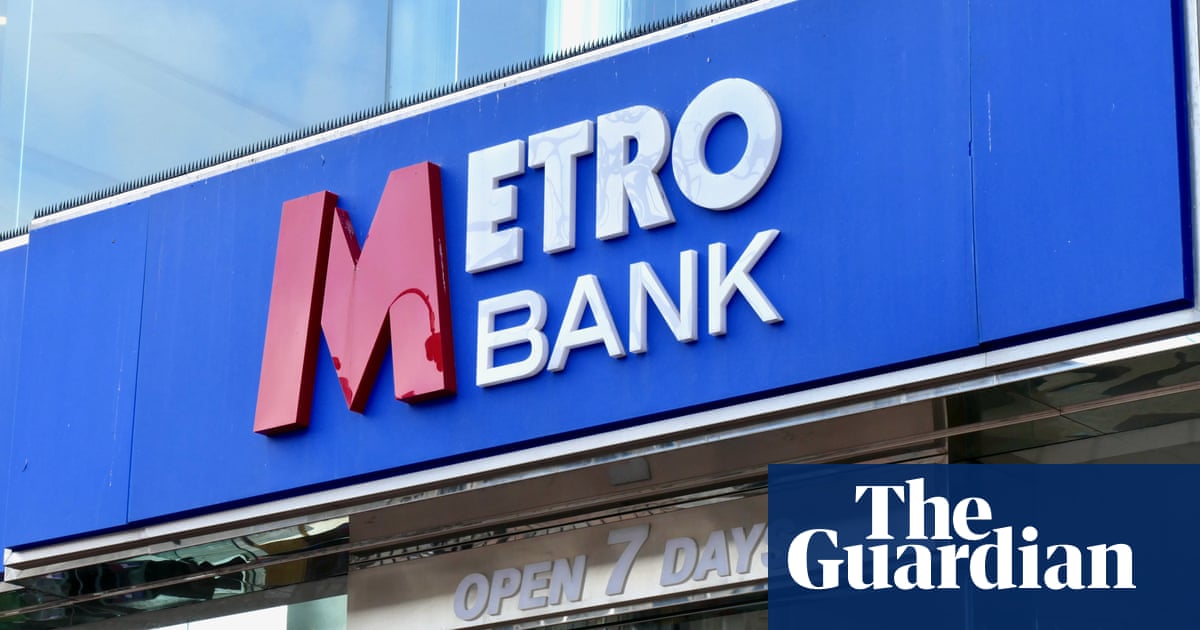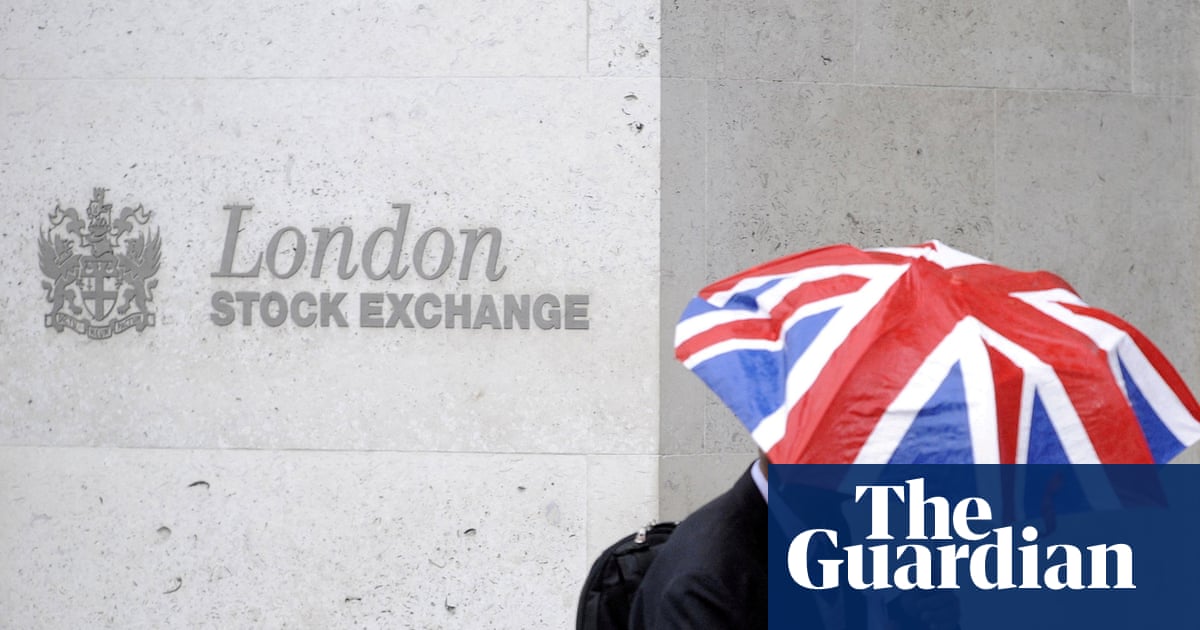
Excessive corporate pay has attracted public anger since the financial crisis
The increase far exceeds the 2.5 percent increase in average salaries for British workers to £29,009
LONDON: Pay packages for the bosses of Britain’s 100 biggest listed firms rose 23 percent over the past year, fueled by payouts for the CEOs of house builder Persimmon and industrial firm Melrose Industries, a survey showed on Wednesday.
Excessive corporate pay has attracted public anger since the financial crisis and Prime Minister Theresa May has denounced the gap between the amounts paid to bosses and average workers as irrational and unhealthy.
The survey by the Chartered Institute of Personnel and Development (CIPD) and the High Pay Center thinktank showed the average income for chief executives of companies in the FTSE 100 share index was £5.7 million ($7.25 million) in their financial year ending in 2017, up 23 percent from the previous year.
The increase far exceeds the 2.5 percent increase in average (mean) salaries for British workers to £29,009, according to the Office for National Statistics.
A similar study a year ago showed bosses’ average pay had dropped by 17 percent over the previous year.
CIPD said the strong performance of the stock market in the years to 2017 was probably a factor in this year’s increase but that this should prompt questions about the contribution of individual bosses to share performance as opposed to other factors such as economic context or the wider workforce.
The CIPD report said the mean figure was skewed by very large payouts to the bosses of house builder Persimmon and Melrose Industries.
Excluding these two chief executives would bring the mean single figure down from £5.7 million to £4.8 million, still representing a 6 percent increase from the previous year.
The highest paid CEO in the financial year ending 2017 was Persimmon’s Jeff Fairburn, who received £47.1 million, more than 20 times his pay in 2016, largely due to a long-term incentive plan dating back to 2012.
That plan gave share options to managers of Britain’s second-biggest house builder which they could sell once the company had returned a set level of cash and dividends to investors.
In February 2018 it scaled back these rewards amid criticism that a government scheme had bolstered house builders.
Simon Peckham, chief executive of Melrose Industries, an industrial turnaround specialist that clinched an £8 billion hostile takeover of British engineer GKN in March, was paid £42.8 million in the financial year ending in 2017, mainly due to a 2012 incentive plan.
A Melrose spokesman highlighted the impact of the long-term incentive plan, adding: “The salary and bonus of the CEO was £974,000 last year which puts him squarely in line with the average pay ratio for employees as evidenced in the report.”
A spokeswoman for Persimmon was not immediately available to comment.












